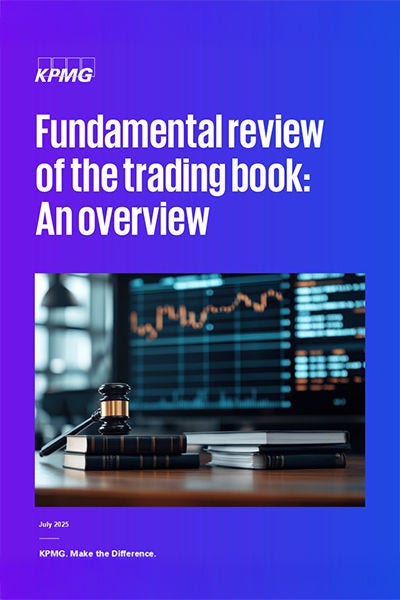The fundamental review of the trading book (FRTB) is a comprehensive set of rules specifying the minimum capital requirements for market risk on banks trading portfolio. FRTB’s immediate objective is to address weaknesses in the market risk framework that became apparent during the financial crises such as: insufficient capitalisation for stressed market scenarios, lack of consistency and sufficient transparency of the capital calculations across all financial institutions.
These aspects cover the scope of trading portfolio to be capitalised under the market risk framework along with changes in standardised and internal model computation approach. The framework requires a significant overhaul to banks’ current internal systems, processes, and infrastructure. Most banks have been prioritising the development of robust risk infrastructure and enhancing data quality.
Since BCBS finalised the FRTB regulations in 2019, several member jurisdictions are still in the process of incorporating these rules into their domestic regulations. With the jurisdictions following different implementation timelines, tracking FRTB adoption has become increasingly complex. In many regions, the finalisation of these regulations remains a work in progress, creating uncertainty for banks, particularly those with cross-border operations. In India, RBI in February 2023 published the draft market risk capital requirement by adopting the Simplified standardised approach of the BCBS guidelines.
Banks globally are preferring to the standardised approach over the internal model approach for the implementation of the market risk capital requirements, due to the former being less complex and having fewer operational challenges.
The delay in the U.S. Federal Reserve’s finalisation of the FRTB guidelines has prompted several major jurisdictions to push back their own implementation timelines. The European commission in March 2025 launched a targeted consultation to gather industry feedback on the application of the FRTB framework, potential adjustments to this framework and the implementation timelines. Basis the responses received to this consultation, the commission has decided to delay the implementation by a further year until January 2027. Following this recently, PRA in July 2025 has proposed to postpone the timelines for FRTB internal models approach to January 2028.
However, despite these delays, it is crucial for banks to use this additional time to ensure they are fully prepared for implementation once the rules take effect.
Fundamental review of the trading book: An overview
The FRTB seeks to strengthen market risk regulation, but complex requirements and shifting global timelines pose significant challenges for banks

How can KPMG in India help
Key Contacts
Rajosik Banerjee
Partner and Deputy Head, Risk Advisory and Head Financial Risk Management
KPMG in India
Access our latest insights on Apple or Android devices







